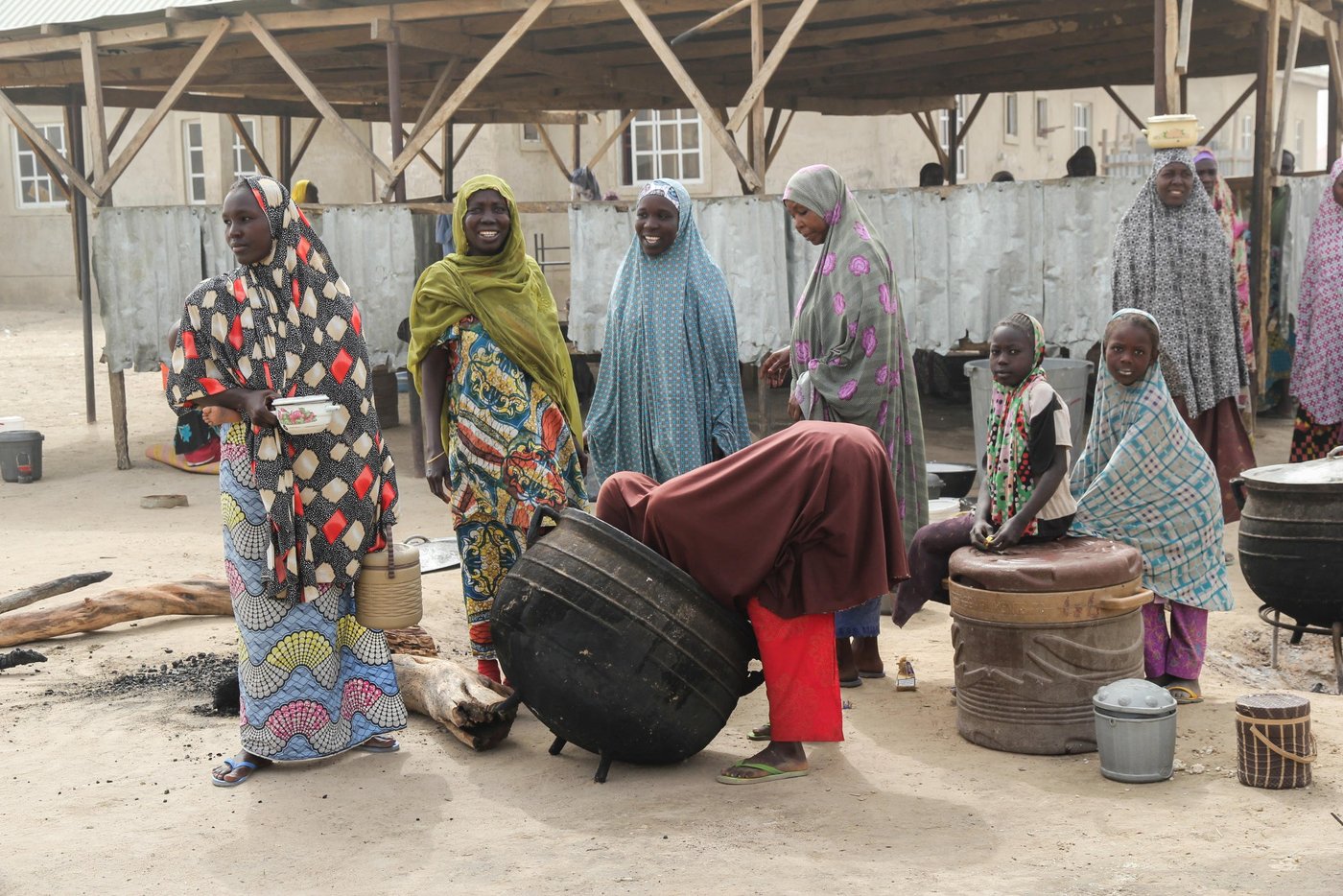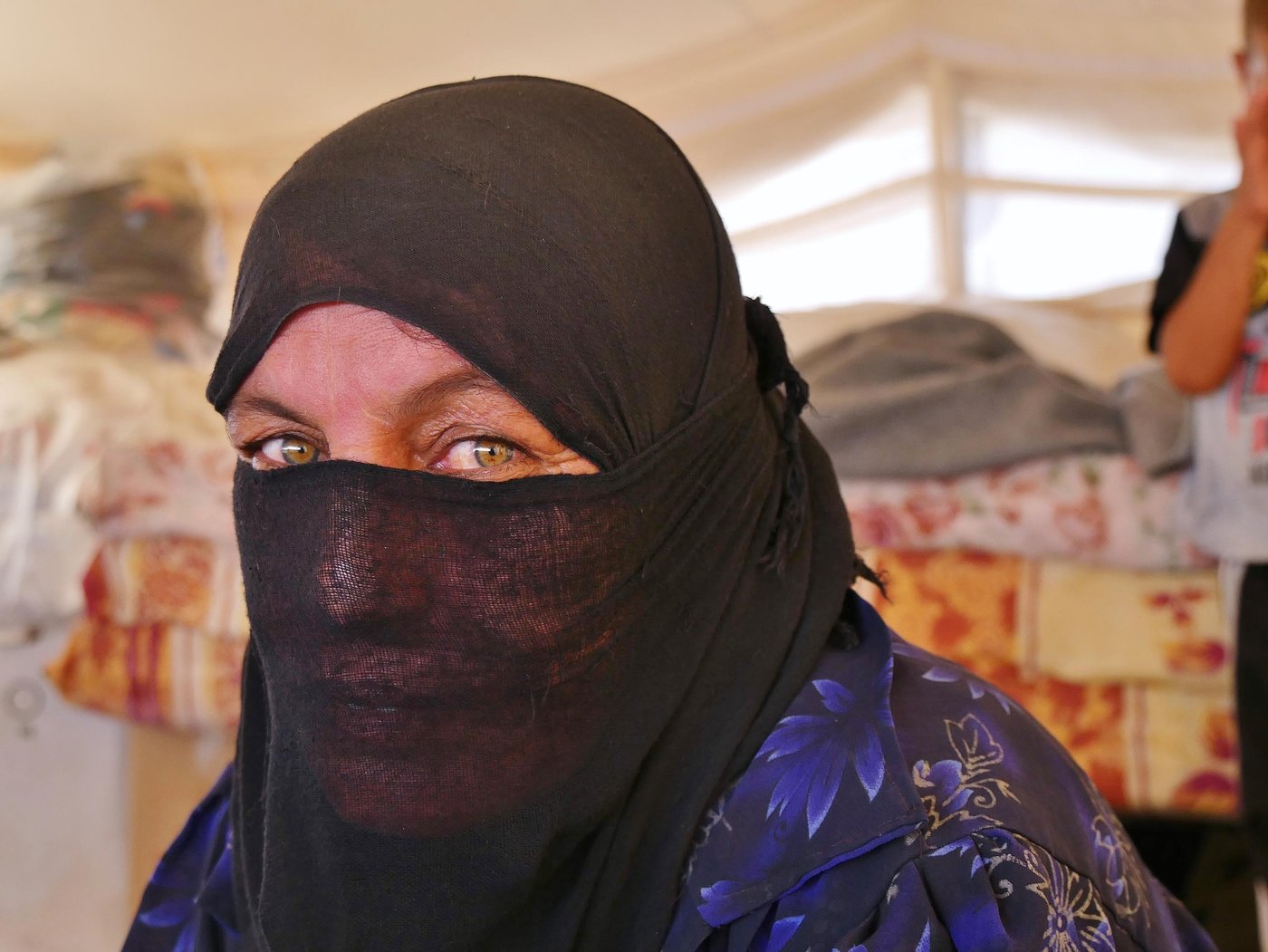
"People do not wish to remain in Greece, most still want to go to Germany, but they are stranded and frustrated. There is a lack of sanitary facilities, education and activities to pass the time. There have been many riots and many are ill", says Abdel Fattah Burkan, NORCAP expert in water, sanitation and hygiene.
Burkan has worked in Greece for the past year, moving between islands depending on where the needs are greatest. For the past few months, he has been stationed in Lesvos, the island with the largest number of refugee arrivals.
Last week a fire erupted in Lesvos' biggest camp, Moria. 4000 people had to be evacuated from the area, which is only meant to accommodate 1200 people. Overcrowding has been an issue in Moria since the borders closed in March, but so far Greek asylum authorities have not been able to relocate large numbers of people to newly established camps on the mainland. An even smaller number has been returned to Turkey, in line with the EU-Turkey agreement.
"This has been more challenging than other operations I have worked in around the world. I thought things would be a lot easier to manage here in Europe, but that has not been the case", says Patric Mansour, NORCAP protection expert. He was the first NORCAP deployee to arrive in Greece last year, and has been one of the main coordinators of the humanitarian response in Lesvos.
He still goes out to the camps most days, talks to people and listens to their concerns. Although the EU-Turkey agreement initially meant arrival numbers dwindled, the past few weeks have seen a new increase in refugees crossing the Mediterranean.
"The borders to the EU are closed, camps are full and there are no new sites to accommodate new refugees. The EU-Turkey deal is reaching its expiry date and that could also lead to high numbers of arrivals", Mansour explains, worried that the islands, Greece, and the rest of Europe soon will be faced with the same challenge seen last year.

Great Lakes region
The Democratic Republic of Congo, Rwanda and Burundi have been plagued by many years of violent conflicts and genocide, a main catalyst in creating one of the largest recurrent displacement situation the world has ever seen.
In May 2016 more than 270 000 Burundian refugees fled to neighbouring nation-states following the 2015 Burundian electoral crisis. By June 2016 the refugee flow decreased, but internal displacement surged, due to human rights violations committed by groups linked to the Burundian authorities, and the growing economic crisis.
In the eastern part of the DR Congo, Goma, North and South Kivu are some of the most vulnerable areas of the country with more than 1,6 millions of IDPs constantly on the move away from violence and armed groups. With the up-coming election next summer, it is expected that the population will have to endure yet another period of turmoil and instability. In addition there is an influx of refugees from Burundi and South Sudan.
NORCAP deployees have contributed to humanitarian response in Burundi with expert assistance in areas such as gender mainstreaming, sexual and reproductive health and logistics.
There is also one expert on camp coordination and camp management emergency coordination in Burundi and one working on accountability to affected populations in DR Congo.
Nigeria
Several communities and local government areas in north eastern Nigeria have recently been recaptured from insurgents after the Nigerian government's counter-terrorism operations. The resulting access to previously inaccessible communities has revealed an enormous need for humanitarian services.
Six million people are facing severe hunger and in Nigeria 50 percent of children in the north eastern region are acutely malnourished. The authorities have asked people to go back to the recently liberated areas, but up to 95 percent of homes are destroyed, making it increasingly difficult for people to rebuild their homes and their lives.
Two NORCAP experts are currently supporting the humanitarian efforts in Nigeria. One logistics expert contributes to distribution of emergency aid in the worst-affected areas, and a camp coordination and camp management expert is involved in establishing camps in the newly liberated areas.
Iraq
Military operations to retake areas currently under ISIS-control in the Mosul corridor are underway and the expectation is that Government forces will reach the city of Mosul later this year. The UN has warned that this could result in the world's most complex humanitarian operation, and the humanitarian community, as well as military forces, now prepare for the fall of Mosul city.
NORCAP has deployed one child protection expert to Erbil in the Kurdish region of Iraq, and two camp coordination and camp management experts are working from Suleymaniya and Baghdad.
All are involved in preparations for the long-expected Mosul battle, making sure there are mobile teams ready to respond to children's protection needs, working to set up new camps for the internally displaced and tracking displacement patterns to make sure the response is properly coordinated.


